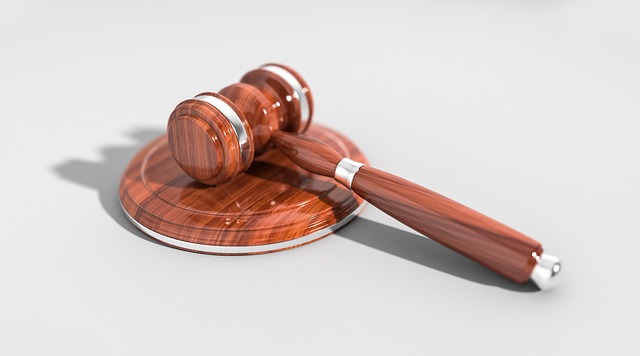Injury arbitration offers a swift, cost-effective alternative to court for resolving personal harm disputes like auto accidents or product liability claims. This informal process involves presenting evidence and arguments to an impartial third-party arbitrator who makes a binding decision. Effective strategies focus on meticulous documentation and engaging experienced advocates familiar with ADR protocols, including time limits, document production, and witness preparation. Winning requires strategic preparation, understanding procedural rules, crafting compelling narratives, gathering comprehensive medical records, and leveraging expert testimony.
Injury arbitration is a crucial process for individuals seeking fair compensation after an injury. This comprehensive guide provides essential legal strategy tips for effective injury arbitration, empowering you to navigate this complex system. From understanding the basics of injury arbitration to preparing for representation and employing winning strategies, this article offers valuable insights from experts in the field. Discover how to maximize your chances of success and secure the justice you deserve.
- Understanding Injury Arbitration: A Comprehensive Overview
- Preparing for Effective Representation in Arbitration
- Strategies to Win Your Injury Case: Tips from the Experts
Understanding Injury Arbitration: A Comprehensive Overview

Injury arbitration is a process where parties involved in a dispute, typically arising from personal harm or accidents like auto accident injuries, resolve their differences outside of court through an impartial third-party arbitrator. This alternative to litigation offers a quicker, more cost-effective resolution for various civil claims, including defective products and real estate disputes. The procedure involves presenting evidence, arguments, and witness testimonies to the arbitrator who then renders a binding decision, much like a court judgment.
Understanding the intricacies of injury arbitration is crucial for anyone navigating personal injury cases. Unlike trials, arbitrations are less formal, allowing for more flexibility in presenting cases. However, this informality does not diminish the importance of thorough preparation. Legal strategies include meticulous documentation of medical records, witness statements, and relevant evidence to support the claim. Engaging an experienced legal advocate who specializes in arbitration can significantly enhance the outcome, ensuring a comprehensive understanding of rights and obligations throughout the process.
Preparing for Effective Representation in Arbitration

Preparing for effective representation in injury arbitration involves a strategic approach tailored to the unique nature of alternative dispute resolution (ADR). Before entering the chamber, legal professionals should thoroughly understand the rules governing the process, ensuring compliance with administrative and procedural requirements. This includes mastering the specific procedures set forth by the arbitral institution, such as time limits for filing claims and responses, document production, and witness preparation.
Additionally, crafting a robust case strategy is paramount. Lawyers representing clients in injury arbitration should review all relevant evidence, including medical records, police reports, and witness statements. Analyzing the strengths and weaknesses of each element of the case enables attorneys to build a compelling narrative, anticipate opposing arguments, and develop persuasive strategies. This preparation is crucial for achieving favorable accident settlements or navigating complex issues in employment contracts or elder law cases that may come before the arbitrator.
Strategies to Win Your Injury Case: Tips from the Experts

Winning an injury arbitration case requires a strategic approach, and experts in the field offer valuable insights that can significantly enhance your chances. One key tip is to thoroughly understand the rules of procedure specific to injury arbitration. This includes knowing how to properly file documents, submit evidence, and present your case before the arbitrator. A strong focus on detail and adherence to procedural rules can help avoid costly mistakes and ensure your arguments are heard.
Additionally, building a compelling narrative around your injury claim is crucial. Presenting your case as a clear, coherent story that illustrates the circumstances leading up to the incident, the extent of your injuries, and subsequent challenges faced, can have a profound impact on the arbitrator’s decision. Experts also emphasize the importance of gathering comprehensive medical records and testimony from healthcare professionals to support your claim, especially in cases involving complex or chronic injuries. This robust evidence is vital to proving your case, particularly when dealing with insurance disputes or partnership disputes where liability might be contested.
Injury arbitration is a powerful tool for resolving legal disputes efficiently, and by understanding the process and employing strategic techniques, individuals can significantly improve their chances of achieving favorable outcomes. This article has provided an in-depth look at preparation methods and expert tips to ensure success in injury arbitration cases. By following these guidelines, claimants can navigate the complexities of arbitration, present their cases effectively, and ultimately secure the compensation they deserve.






